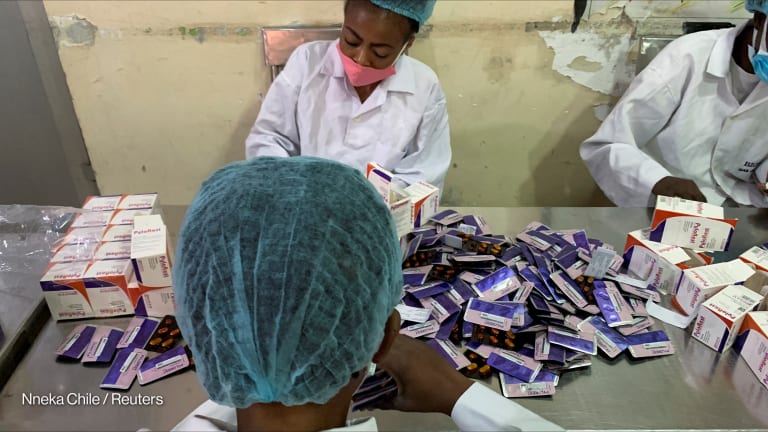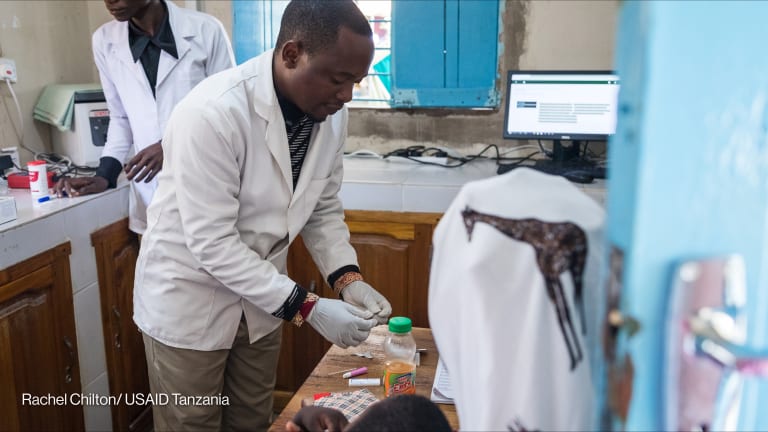Africa’s leadership aims to significantly scale up the amount of pharmaceutical manufacturing happening on the continent, which could help create greater levels of health security for the population.
But there are myriad challenges.
Access to licenses to manufacture products is one because pharmaceutical patent holders are largely overseas. And there aren’t enough partnerships where foreign companies guide local producers on how to make their products.
Printing articles to share with others is a breach of our terms and conditions and copyright policy. Please use the sharing options on the left side of the article. Devex Pro members may share up to 10 articles per month using the Pro share tool ( ).








